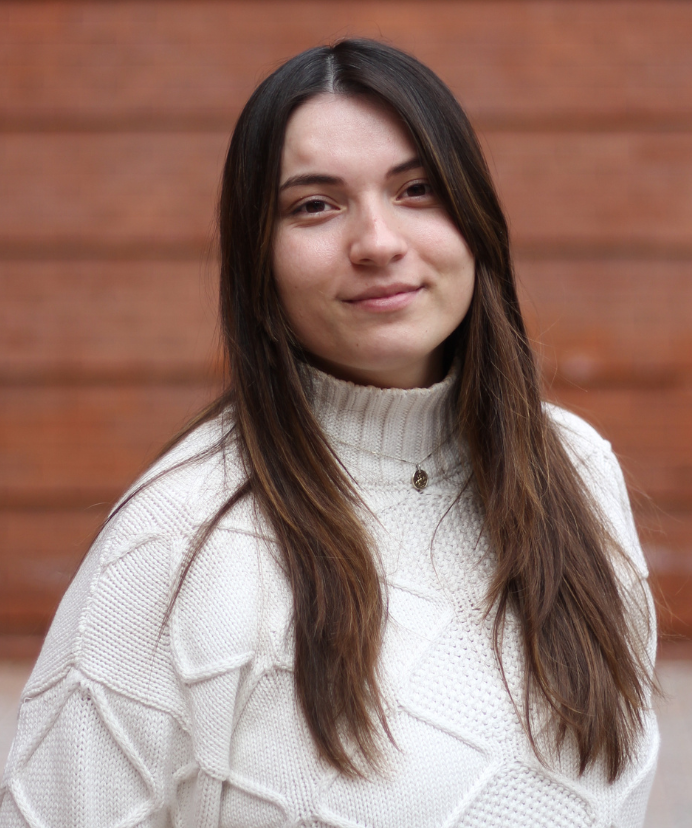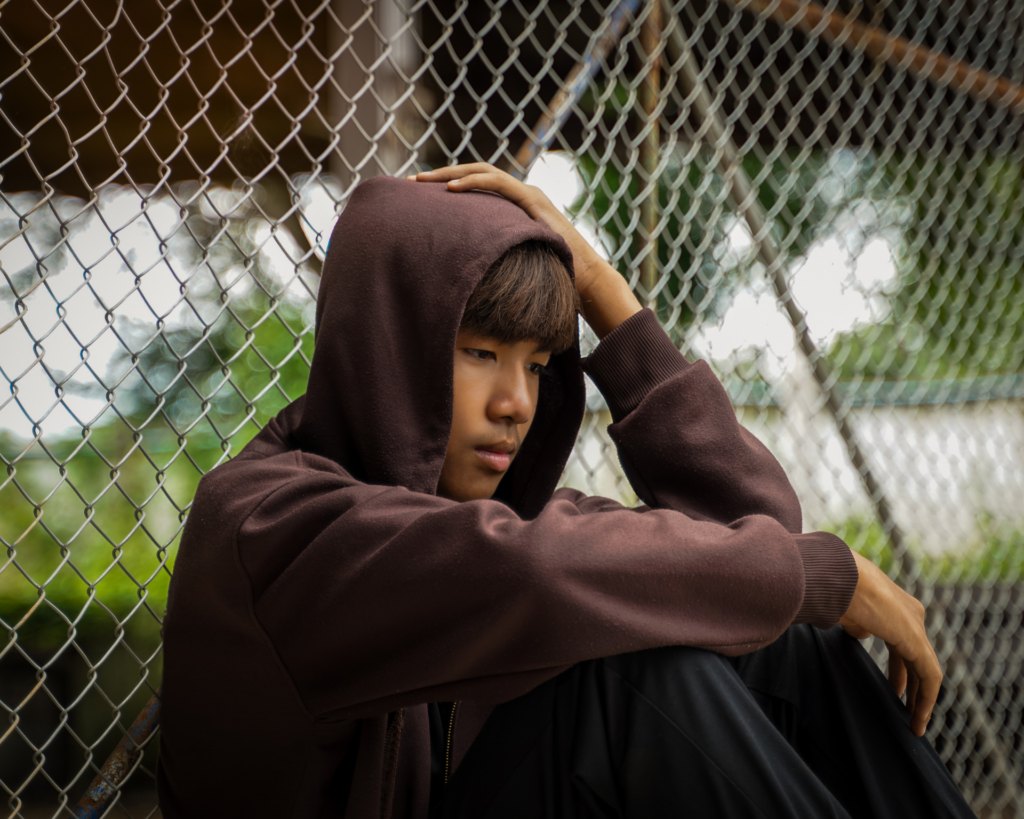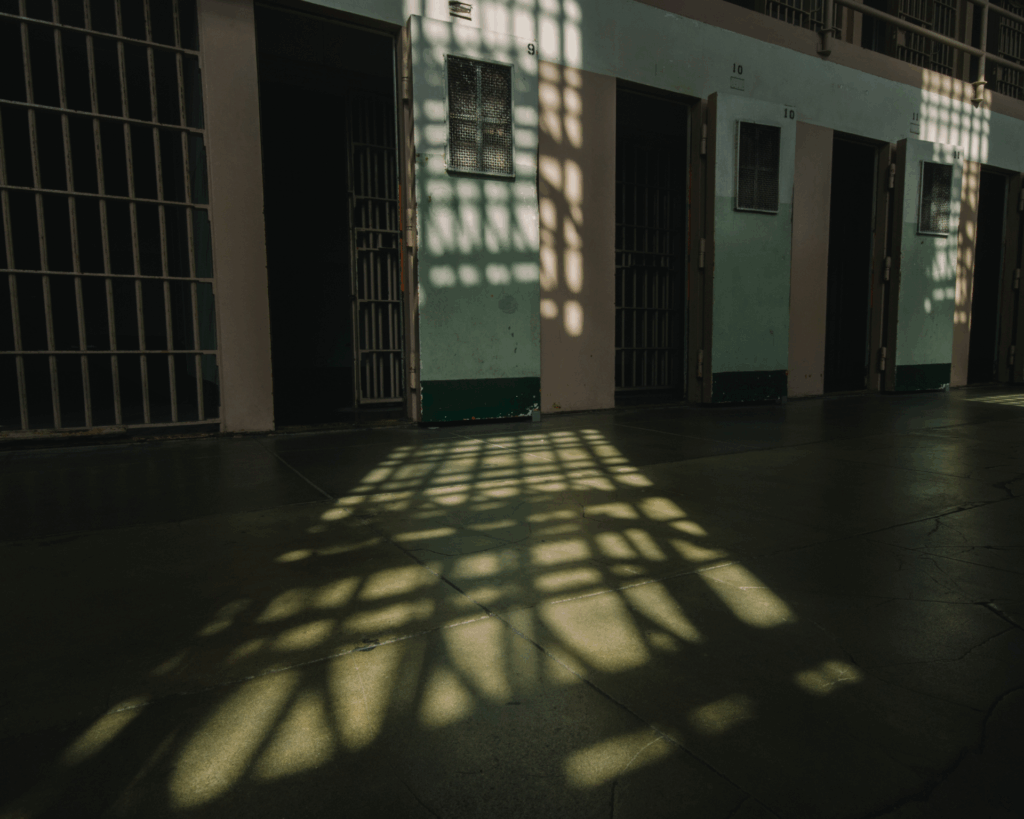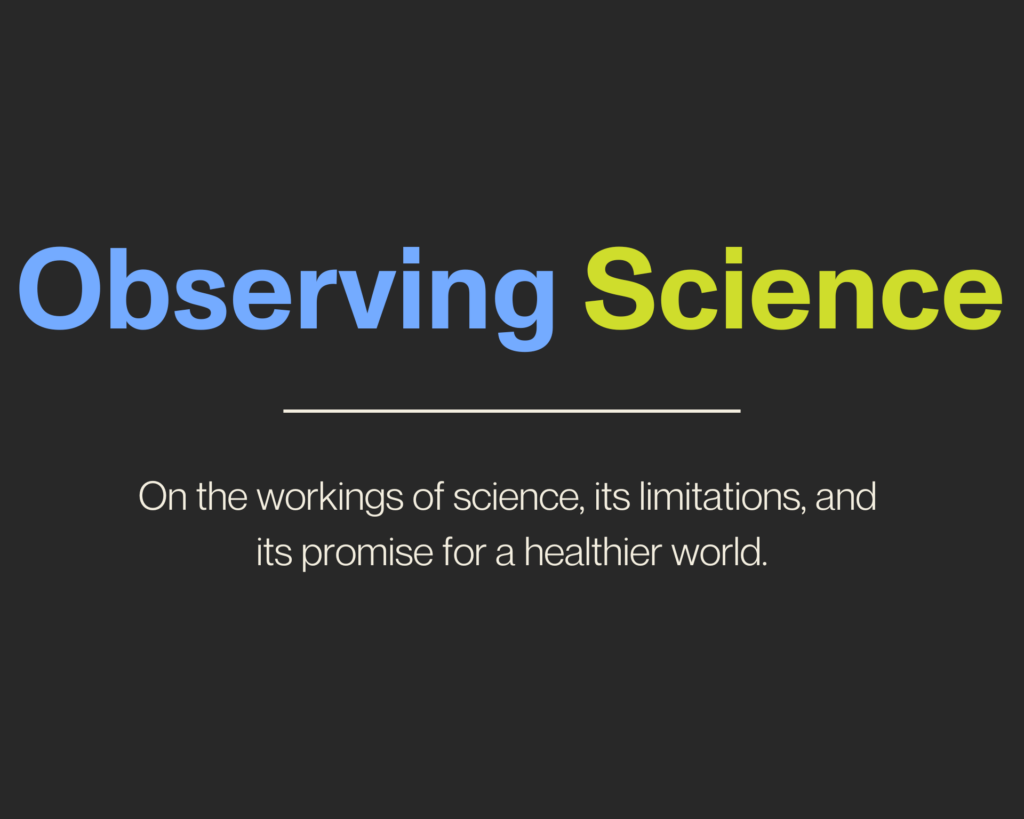Don’t Drink the Bleach: Understanding Conspiracy Theories and Misinformation
COVID-19 vaccine hesitancy and belief in misinformation were found to be symptoms of the same underlying traits, including perceived victimhood, conflictual behavior, and political ideology.

Read Time: 3 minutes
Published:
What is strangest or most dangerous piece of misinformation you’ve encountered on social media? Here’s one: the claim that drinking bleach cures COVID-19.
This misinformation actually originated from conspiracy theories about the pandemic. QAnon supporters were the ones who originally pushed the idea that bleach was a treatment for COVID-19, one of many examples of COVID-19 misinformation that gained mainstream traction.
Health professionals have worried more and more about the spread of misinformation online, thinking that misinformed beliefs led to vaccine hesitancy during the COVID-19 pandemic. According to this reasoning, a person initially encounters purposeful misinformation and conspiracies about COVID-19 on social media and begins to believe them, causing that person to question the “official story” of how safe and effective the vaccine is. They became hesitant to get vaccinated, to the point of complete refusal.
Adam M. Enders and colleagues argued that this reasoning doesn’t capture the complexity of belief and behaviors. Previous research identified factors that made someone more vulnerable to conspiracy and misinformation beliefs – feeling a lack of control in life, lower educational attainment, and extreme or conservative political ideology, to name some examples. According to Enders, these underlying psychological, demographic, and political factors might lead directly to vaccine hesitancy, rather than conspiracy theories causing vaccine refusal.
To test their argument, in 2021 Enders and his research team surveyed more than 2,000 American adults about their belief in COVID-19 conspiracy theories and misinformation. Respondents rated how much they agreed with conspiratorial statements like “The number of deaths related to the coronavirus has been exaggerated” and “The COVID-19 vaccine can give you COVID-19.” And respondents discussed their attitude about and willingness to get the COVID-19 vaccine.
The authors speculate that belief in conspiracy theories reveals a person’s underlying feelings of anxiety or powerlessness.
The researchers focused on COVID-19 vaccine hesitancy and belief in COVID-19 conspiracy theories and misinformation as two distinct outcomes. They examined the connection between the outcomes and certain personal characteristics: science literacy, trust in science, narcissism, psychopathy, conflictual behavior, victimhood, as well as perceived stress, social media use, approval of former President Trump, partisanship, religiosity, socioeconomic status, education, income, race, gender, and age.
Both outcomes were positively associated with ideology; approval of twice-impeached, conspiracist, former President Trump; perceived victimhood; and conflictual behavior. That is, someone who displays more aggressive behavior during disagreements (i.e., threatening, hitting, throwing items) is more likely to believe in COVID-19 conspiracy theories and misinformation and to be hesitant about the vaccine.
On the other hand, both vaccine hesitancy and belief in conspiracy theories were less likely to be noted in a person with high science literacy and high trust in scientists. There was no relationship between time spent on social media and belief in COVID-19 conspiracy theories and misinformation.
The authors suggest that their findings indicate that both vaccine hesitancy and belief in conspiracy theories and misinformation are symptoms of the same underlying traits, rather than vaccine hesitancy developing as a result of belief in conspiracy theories and misinformation.
The authors speculate that belief in conspiracy theories reveals a person’s underlying feelings of anxiety or powerlessness. Therefore, in the case of COVID-19, pushing and sharing the science and facts behind COVID-19 didn’t change someone’s hesitancy about the vaccine. Instead, understanding their unique psychological, social, and political motivations outside of COVID-19 were key.
To prepare for future conspiracy theories in the health field that can easily spread through social media, public health professionals must address the foundational factors that drive susceptibility to both conspiracy beliefs and risky health behaviors.
Photo via Getty Images



